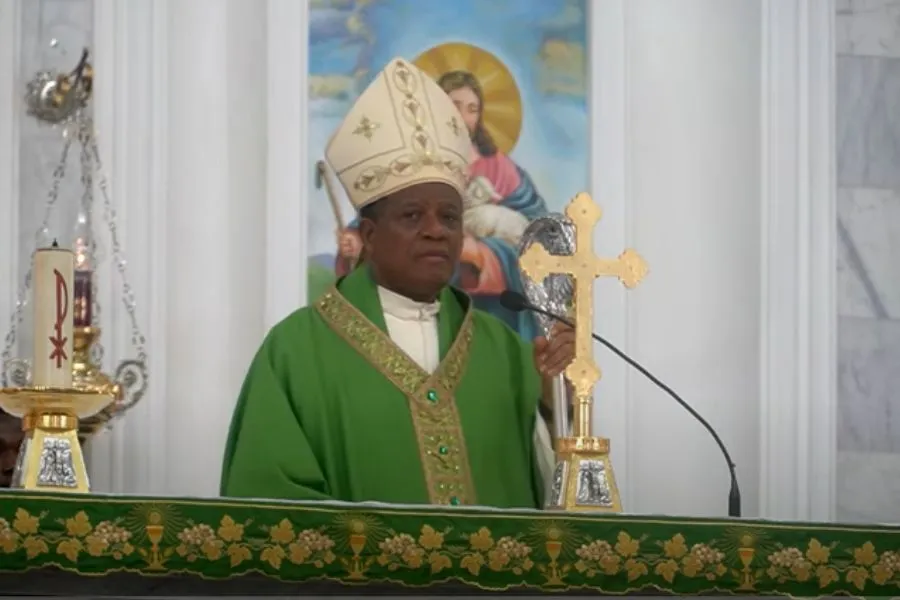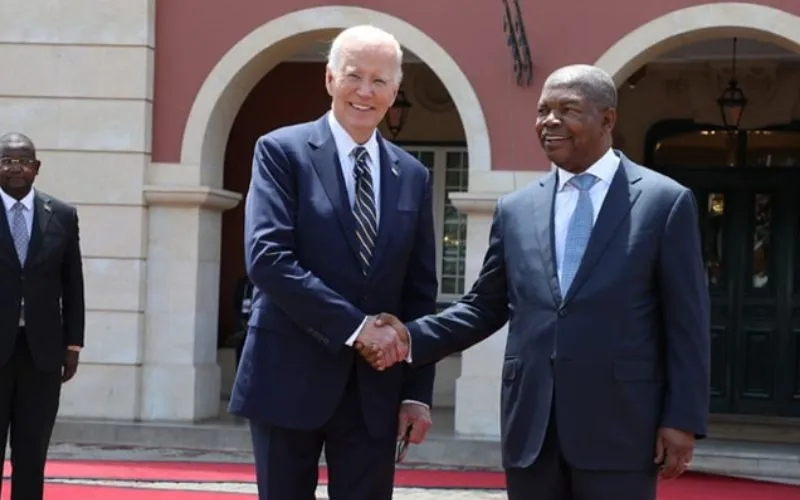In a statement after their two-day meeting at Umuahia Diocesan Secretariat, OWEP members who include Local Ordinaries of Owerri Archdiocese, and the Dioceses of Aba, Ahiara, Okigwe, Umuahia, and Orlu expressed regret that some young people had resorted to ritual killings and other forms of criminal activities.
“We are alarmed at the rate at which our young people are relapsing into neo-paganism,” the Catholic Church leaders lamented in the statement that their Chairman, Archbishop Lucius Iwejuru Ugorji of Owerri Archdiocese, signed.
They added that the young people in the West African nation “are lured into fetish rituals in their quest for money, for demonic powers and false assurances of protection.”
OWEP members further expressed concern that young people in Nigeria belonging to different cults were intimidating others, and were using the cults to conceal their criminal activities from the eyes of the law.
In his September 3 message, Bishop Onah said that individualism in Nigeria had left many of the country’s youths disillusioned.
He found it baffling that in Africa’s most populous nation, and one of the wealthiest countries in the world, only a few people are living in affluence.
“What does it profit a nation, a people, if it has all the wealth but has lost its citizens?” Bishop Onah posed, and lamented, “Nigeria is one of the wealthiest nations on earth. But because of bad leadership, we have lost our citizens. Many of our young people are living in a country that has lost confidence in them. And if you give the example of Igboland, the southeast individual Igbo people may have a lot of wealth driving very expensive cars and building marvelous and humongous mansions. But we have lost our youths; we have lost our values.”
“Time has come for us to ask ourselves what is essential in our lives and gradually rebuild our broken nation,” the Nigerian Catholic Bishop who has been at the helm of Nsukka since his Episcopal Consecration in July 2013 said.
He went on to weigh in on the Nigeria’s disputed presidential poll and that of other political leaders, and addressed himself to the tribunals handling the election petitions.
In the Presidential poll, the victory of President Bola Ahmed Tinubu who was declared winner of the February 25 election by Nigeria’s Independent National Electoral Commission (INEC) was challenged in court by Atiku Abubakar of the People’s Democratic Party (PDP) and Peter Obi of the Labour Party (LP).








